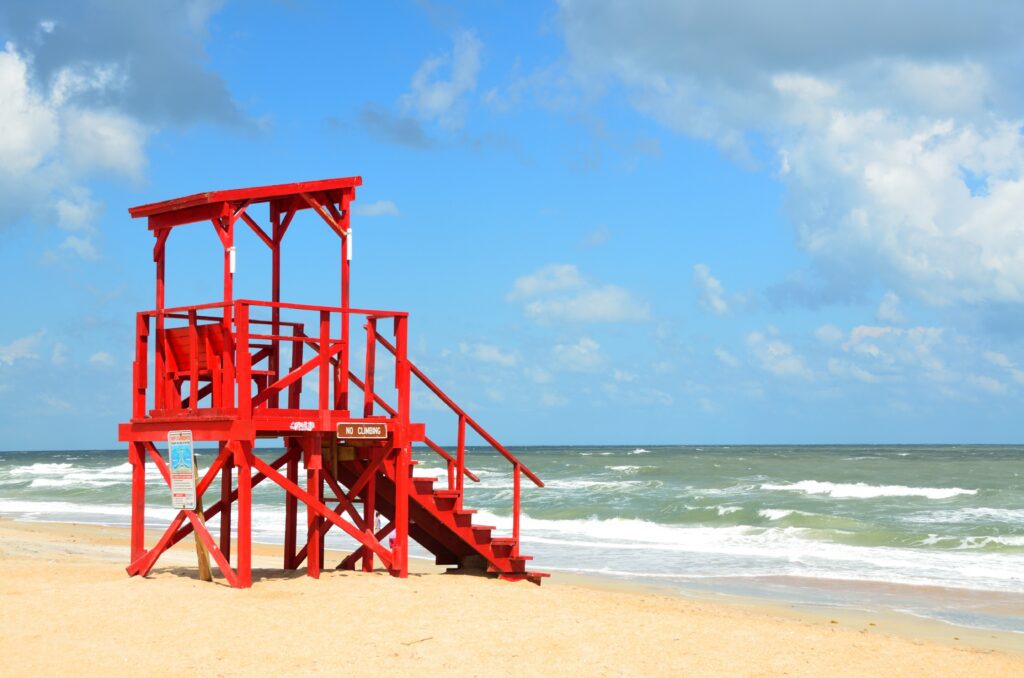
Lifeguards have a responsibility for the safety of the people they are guarding. Public pools have a duty to ensure the lifeguards they hire are qualified and properly trained. When lifeguards and their employers fail in those duties, they may be held liable for resulting accidents and injuries. The following are answers to some frequently asked questions about lifeguard liability in South Carolina.
What Is Lifeguard Liability?
When they make mistakes, lifeguards can be held legally liable for swimming-related injuries and deaths. A personal injury lawsuit or wrongful death claim is a way to hold a negligent lifeguard accountable and seek compensation for injuries or death resulting from his or her negligence.
What Training Is Required for Lifeguards in South Carolina?
Although there is no federal standard, most states have training requirements for lifeguards. To obtain certification in South Carolina, lifeguards must complete the following training:
- American Aquatics & Safety Training 2-Year Lifeguarding certification; and
- American Aquatics & Safety Training 2-Year First Aid and CPR/AED certification.
What Standard Are Lifeguards Held to for Liability Purposes?
In personal injury matters, a person may be found negligent and therefore liable for injuries if he or she failed to exercise the level of care a reasonable person would exercise under the same or similar circumstances. Lifeguards are held to a higher legal standard, which is how a reasonable lifeguard would have acted in the same circumstances.
Are Lifeguards Protected From Liability Under Good Samaritan Laws?
Good Samaritan laws provide legal protection for individuals who give reasonable assistance to those they believe to be in peril, injured, or ill. Lifeguards have a legal duty to rescue and give emergency aid to people in trouble or in need. For this reason, they are not protected under Good Samaritan laws.
Can a Lifeguard Be Held Liable in a Drowning Accident?
To become certified, lifeguards must pass rigorous tests to demonstrate their physical capabilities and swimming competence. They must complete specific training that prepares them to help keep others safe in the water. If they violate what they learned in their training and it results in injury or death, lifeguards and/or their employers may be held liable for negligence. Lifeguards are bound by a duty of care for swimmers. If someone is drowning, and they fail to attempt a rescue, they can be held liable for resulting injuries or death.
Should Lifeguards Have Liability Insurance?
On-duty lifeguards and/or their employers may be held liable for injury or death that occurs at a swimming facility. Lifeguard insurance can provide protection from liability for accidents in which swimmers and guests are injured.
For What Reasons Can a Lifeguard Be Found Negligent?
When accidents and injuries occur, lifeguards on duty can be found negligent for:
- Failure to act or delay in action
- Failure to follow training procedures in emergencies
- Leaving their posts unattended
- Becoming distracted on duty
Even when certified lifeguards are off duty, they can be held liable for failing to assist in rescuing a victim who is drowning, because their skills could have prevented injury or death of another person.
What Should Lifeguards Do If They See Swimmers Violating Safety Rules?
Lifeguards must be aware of any activities that create an increased risk for patrons. They must be able to immediately identify and prohibit any unsafe activities, as well as any physical hazards in or around the facility.
If you or your loved one has been injured because of a lifeguard’s negligence, you may have a claim for compensation against the responsible parties. Contact Allen Law at (843) 882-5005. We can explain your options under the law.

